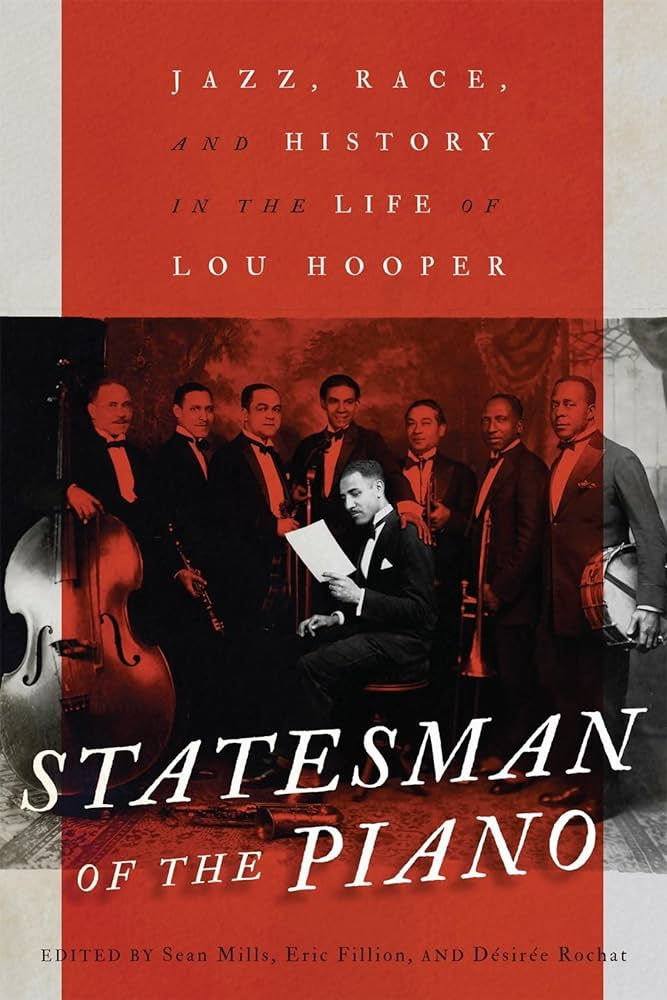John Coltrane was the father, Pharoah Sanders the son, and Albert Ayler the holy ghost
- Jury Kobayashi

- Dec 18, 2023
- 2 min read
Richard Koloda’s Holy Ghost:
The Life and Death of Free Jazz Pioneer Albert Ayler

Review by Jury Kobayashi
The exhausted saying ‘John Coltrane was the father, Pharoah Sanders the son, and Albert Ayler the holy ghost’ has always stuck with me. Despite its patriarchal and laborious myth creating thesis, which jazz fandom, scholarship, and criticism is known to engender, I have always somewhat bought the phrase. John Coltrane’s music struck me hard when I was young and might even account for my choosing to make a career as a musician. I have studied his work for years and always had in the back of my mind that at some point I would have to come to terms with Ayler’s music.
Albert Ayler has constantly been a ghost to me, a shadowy figure that haunts the music I make (experimental music coming from the African American tradition). His influence is everywhere in the music and yet every time I have set about researching him, I find it is hard to get a picture of what he was like. Richard Koloda’s Holy Ghost: The Life and Death of Free Jazz Pioneer Albert Ayler (2022) has provided me with that picture.

It is not to say that there have not been biographies of Ayler in the past, but this book closes the door on many open questions about Ayler’s life. It is a thorough and important work for any fan of Ayler’s or Free Jazz music in general. It is extremely well researched and clearly written and belongs next to Val Wilmer’s As Serious As Your Life (1977) for its in depth and loving approach to the subject.
Koloda’s biography grounds Ayler as an individual growing up playing music with his father and
brother. Getting into sports in high school (Ayler was an incredible golfer!). He developed as a
strong local musician and went on tour at an early age with blues band leader Little Walter.
Eventually, Ayler made his way to Europe via the army where he met Cecil Taylor and Sunny
Murray which would start his connection to the jazz Avant Garde.
This biography is thoroughly researched and sheds light not only on Ayler’s life which would be interesting enough to read but also the climate of being a musician in that era. I found it
fascinating to read about the early ESP days (a short lived but important free jazz record label).

As well as Ayler’s involvement with the early outreach jazz experiments in Harlem led by Amiri Baraka, and the frustrating stories of record industry difficulties and having one’s complex music understood.Koloda spends considerable time explaining the origins and the details around many important recordings of Ayler’s catalogue. He solves many mysteries around Ayler’s life. He addresses his death in detail and dispels many of the rumours surrounding it. The afterword to the book follows up on Donald Ayler and respectfully discusses the hard years Donald experienced following his brother death.
Albert Ayler emerges from this biography as an artist trying to navigate the complexities of a
shifting time (the sixties) with an ever-changing political system and music industry. This
biography is thorough, insightful, and respectful to the artist. It is an important work in free jazz scholarship and belongs on the shelf for any fan or free jazz or someone who wants to
understand the multiplicity of Avant Gardes that occurred in the 60s.




Comments